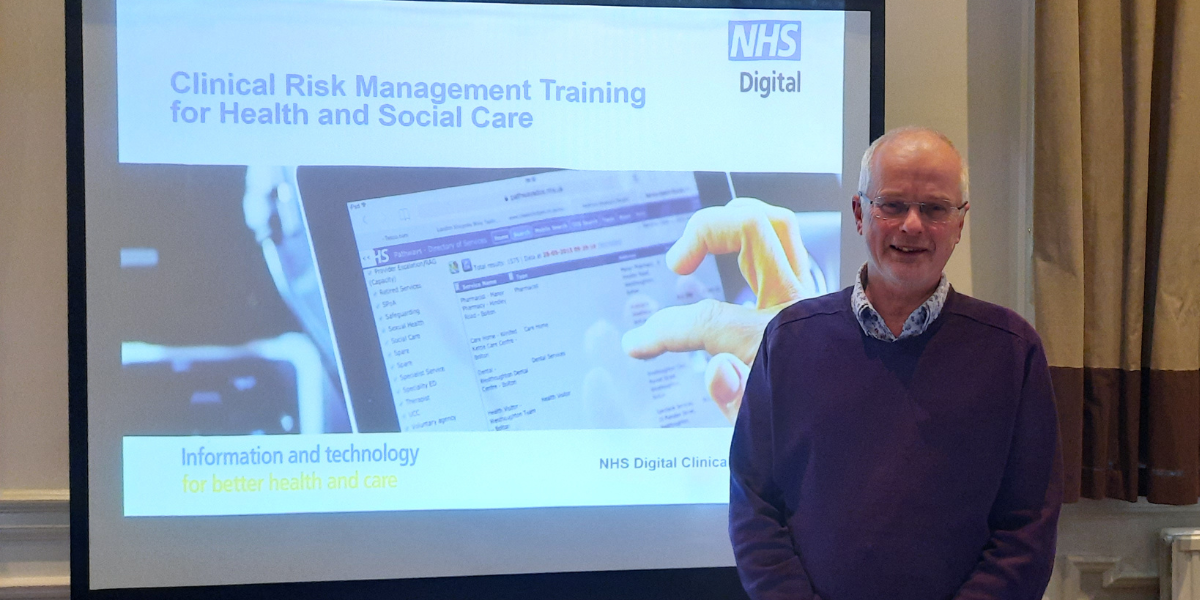AI could transform healthcare, complementing the work of skilled nurses and clinicians, but we need to build trust in the technology being developed. That starts by increasing the skills and knowledge of the teams that the autonomous systems will work alongside.
Sean White is a Safety Engineering Manager within the NHS Digital Clinical Safety Team. He has worked with the Assuring Autonomy team for many years, aiming to develop and grow his team's knowledge and experience with AI and autonomy.

